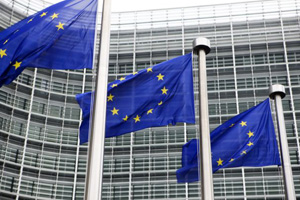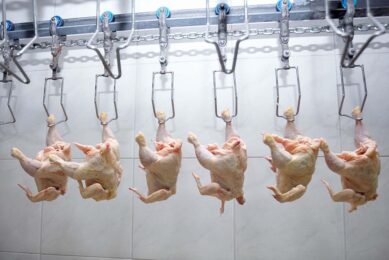EU poultry export refunds removed

EU market managers in Brussels have cut the last remaining export refunds for poultry to zero, meaning all EU product will be exported without any taxpayer support.
The move follows a series of steady reductions in refund rates over the past couple of years – from €32.50/100kg to €21.70/100kg in October 2012, and then to €10.85/100kg in January 2013.
It also means that, for the first time since the 1970s, the EU no longer subsidises any products at all for export. “Twenty years ago EU spending on export refunds amounted to more than €10bn a year,” said one Brussels source. “Successive reforms of the Common Agricultural Policy have led to a more market oriented and competitive sector, and spending on refunds has fallen steadily.”
Regarding the decision to remove the last poultry meat refunds, the EU Commission referred to the relatively high prices on the internal market, which have climbed 4% on average across the EU in the past year (with the notable exception of the UK). And it pointed to the “foreseeable” reduction in feed costs and the “positive and sustained” upward trend of EU exports to third countries – up 4.5% in volume in the first five months of this year.
Provisional data suggest that, over the past 12 months, a total of 264,754t of poultry meat was exported with refunds, which were available on frozen whole chickens to certain destinations, notably in the Middle East and the Commonwealth of Independent States.
France was by far the main beneficiary, accounting for 94.7% of the quantities exported and receiving 93.7 % of the €55m budget. The French have reacted angrily to the move with the French government considering ways to respond to the move. “Nothing justifies this brutal decision,” the agriculture and food ministry said in a statement.
In the recent CAP reform it was agreed that the instrument of export refunds would be retained in future, but only for use in market crises.
Source: Poultry World













